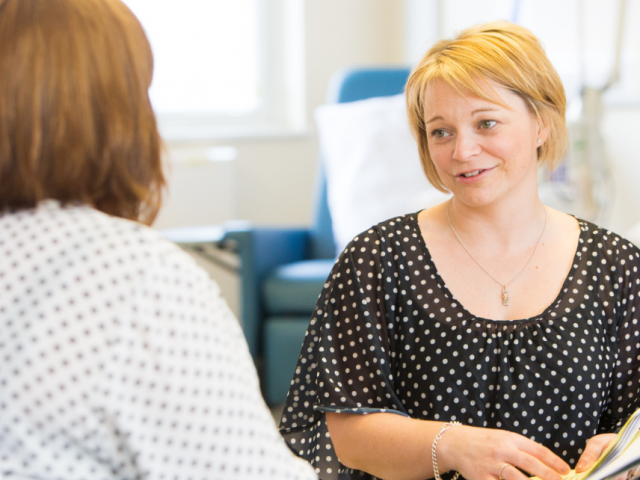
SAIL Databank to power study aiming to spot early cancer diagnosis
26 June
A major new study is using data from the Secure Anonymised Information Linkage (SAIL) Databank and is aiming to find a way to identify patients with early signs of cancer through medications they are prescribed.
SAIL Databank, which is funded by Health and Care Research Wales, allows researchers secure, remote access to high-quality longitudinal data, offering exceptional potential to detect early signs of disease across a population.
Now, researchers from Queen’s University Belfast and the University of Aberdeen will use it as part of a new study which analyses prescription records to identify medications commonly used in the months leading up to a cancer diagnosis.
It is hoped the project could help identify eight cancers - including ovarian, pancreatic and colorectal - at an early stage when treatment is more likely to be effective.
The study is funded by £76,462 from Cancer Research UK and will be the first large-scale UK study to systematically analyse prescribing data in this way, according to the researchers.
Similar studies have been carried out overseas and in a smaller capacity in the UK.
Researchers note that medication codes used by the NHS are easier to track than symptoms and that increased doses or stronger prescriptions could serve as a red flag and mean a patient’s symptoms are worsening.
Professor David Ford, Co-director of SAIL Databank said: “SAIL Databank is proud to support this innovative research into early cancer detection. The study highlights how securely accessed, anonymised data can help researchers identify important trends across entire populations, leading to earlier diagnoses and better outcomes for patients.”
Professor Cardwell, who is part of the research team, said: “Our study has the potential to identify previously unrecognised medications which are newly used in the period up to two years before cancer diagnosis.
“These changes in specific medications could act as an alert for doctors to consider earlier cancer investigation or point to unrecognised symptom patterns.
“Diagnosing cancer as early as possible is key to ensuring treatment is as effective as possible and give patients the best chance of recovery.”
To keep up to date with the latest health and care research news, subscribe to our weekly bulletin.